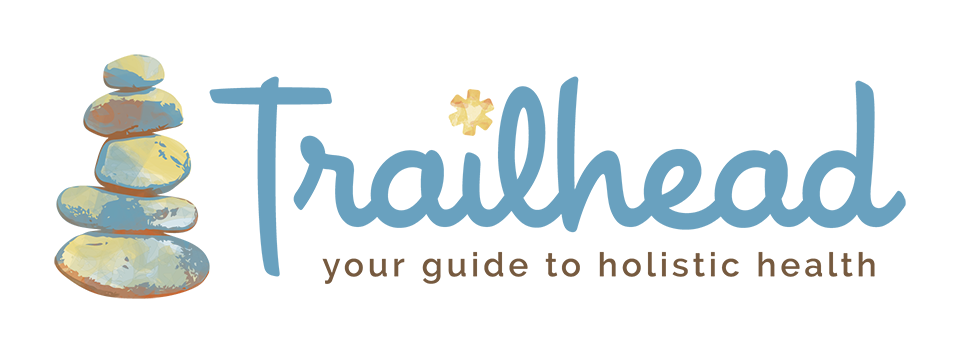Good afternoon,
As many of you may know my niece is in the Gambia, West Africa doing a 2-year post with the peace core. Her latest essay I found to be profound and ironic. What we westerners seek, the Gambia people have already discovered, and it is a great lesson in who is teaching who. Please read on….
September Essay from The Gambia
Author: Ashely Garrison
Sweat is pouring off my face. It seems to splash on the damp earth at my feet. My arms ache and my right hand seems to be permanently molded to the handle of my hoe. My back screams at me and my legs complain at every step. I look over at Fatou, and though she is sweating, she doesn’t seems to notice. She is even humming a tune, keeping up a steady pace. We are in the peanut field, weeding. I ignore the sweat and try to keep up with Fatou, who is already doing three times more work than I am. I use the blade of my short-handled hoe to scrape the earth around and between each peanut plant, and then pull every weed from the row. I put my mind to the repetition of the motions, and ignore everything else. Every now and then, I raise my head to see how much farther I have to go, but it’s a losing game; it hurts to lower my head, and I’m never as far as I think I should be! The peanut field is about 2/3 hectare, or almost the size of a football field, just rows and rows of peanut plants. In the last week Fatou has been coming everyday for three to four hours to weed. The field is about half done, but I’m convinced it’s the big half… When we are finally finished for the day the sun is setting and the rain clouds are rolling in. We barely make it back before the rain starts to fall. At first I thought I would be in the Gambia to teach, to serve, to impart my knowledge and experience to those with none. Now I find myself barefoot in a field, using tools and methods that haven’t changed since the Iron Age. Extensive education and training does not make up for a lifetime of tradition and practice. Fatou farms the way she does everything else, with all her attention and effort, and without the slightest indication that she would rather be doing something else. And I ruefully look at myself, tired and cranky. Knowing that I could go back to my hut whenever I want. Knowing that I have no responsibility to finish weeding. Knowing that in all likelihood, I am actually slowing Fatou down; that she could be going much faster without me. It is a humbling experience. So, to make up for my inexperience I resolve to work harder, not complain and be open to the lessons Fatou can teach me. I put my head down, ignore the blisters on my hand, and ask Fatou to teach me a Mandinka work song. I like to think that I am doing the ‘development’ work I thought I would at the beginning of my service, but eight months later I see in many ways I am very mistaken. I am the one learning, being taught and served. My afternoons in the fields bring me closer to my community; give me some small experience doing their work. I can tell Fatou is proud to have me work in her field by the way she brags to the other women that I know how to weed. They ask me to come to their fields and I just grin. The earth is warm beneath my bare feet and I feel completely part of my world. I may not be teaching my village how to be ‘developed’ but I am learning how to be a part of their community. The development work will come later.
Much peace and Love ~R


